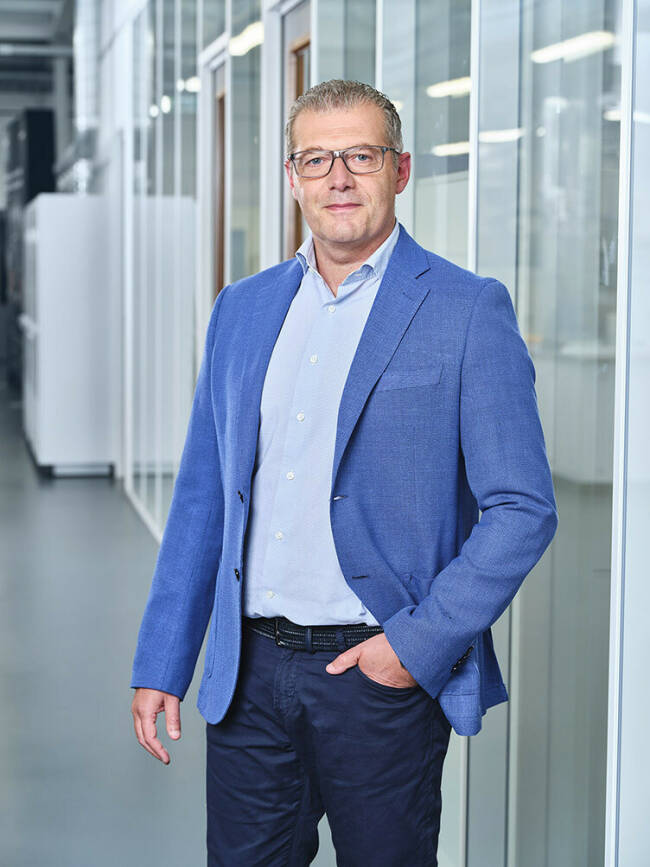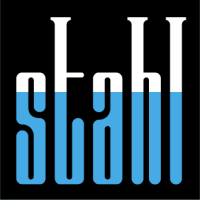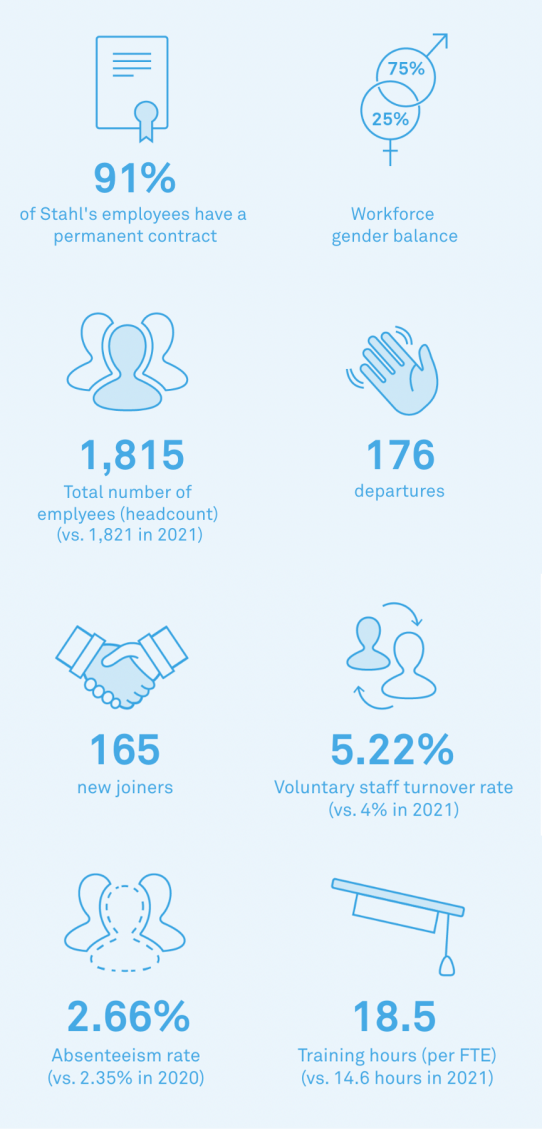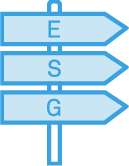
ESG Roadmap to 2030
2023 goal: One female (minimum) member in the Stahl Leadership Team
2030 goal: Gender balance (30-60% ratio)
"We recognize that gender is not binary, and we are committed to treating everyone equally."
Gender equality
Stahl aims to improve gender equality and the representation of women across the company. A good indicator of equitable treatment across genders is the percentage of women in management positions, which was 25% in 2022 (also 25% in 2021). Stahl tracks the ratio of female to male employees (25% female and 75% male in 2022, see table below) and the number of female employees in supervisory positions (employees with direct reports and/or in a management position).
Within these overall figures, the ratio varies considerably between departments. For example, we have a significantly higher proportion of men in our production operations (“supply chain” in the tables) as well as in our leather chemical sales team. Both of these departments include jobs that are traditionally less attractive to women. Excluding these departments, women made up 25% of Stahl’s total workforce in 2022, while the percentage of women in supervisory positions was 75%.
In line with our ESG Roadmap to 2030, our goal is to achieve gender balance (30-60% ratio) female representation across Stahl’s Leadership Team, Extended Leadership Team, and heads of function by the end of the decade. To achieve this, we are recruiting women into head-of-function positions at Stahl, thereby creating a strong pipeline of internal female candidates from which to fill future vacancies.
63-37%
38-62%
19-81%
37-63%
75-25%
82-18%
25-75%
25-75%
24-76%
21-79%
15-85%
12-88%
14-86%
25-75%
78-22%
77-23%
21-79%
45-55%
38-62%
45-55%
Management positions
Gender balance
Total employee base
We recognize that gender is not binary, and we are committed to treating everyone equally. We have tracked and reported the percentage of employees in our different business units by gender for many years, and this is the information we continue to collect for consistency. However, we are aware that this does not provide the full picture, and we continue to discuss our approach with employees.
> 30-50
years; 59%
< 30 years;
8%
> 50 years;
33%
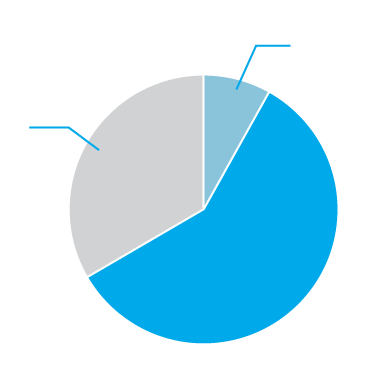
Developing our DEI culture and vision
Celebrating and sustaining our diversity is an important foundation of Stahl's purpose. By providing a fair and equitable work environment, where everyone feels supported and valued, we can continue to build a more innovative and responsive organization that touches lives and contributes to a better world.
Stahl is a highly diverse, international business. At the end of 2022, our global workforce included 61 different nationalities, as well as employees from a wide range of generations and backgrounds. However, we also believe that diversity goes beyond age, gender, race, and cultural background: a diverse workplace is one that encourages freedom of thought and expression, and that freely promotes a wide range of different viewpoints and ideas.
Topics addressed in this section:
> Valuing our people (employment)
> Training and education
> Employee engagement
> Diversity, equity and inclusion (DEI)
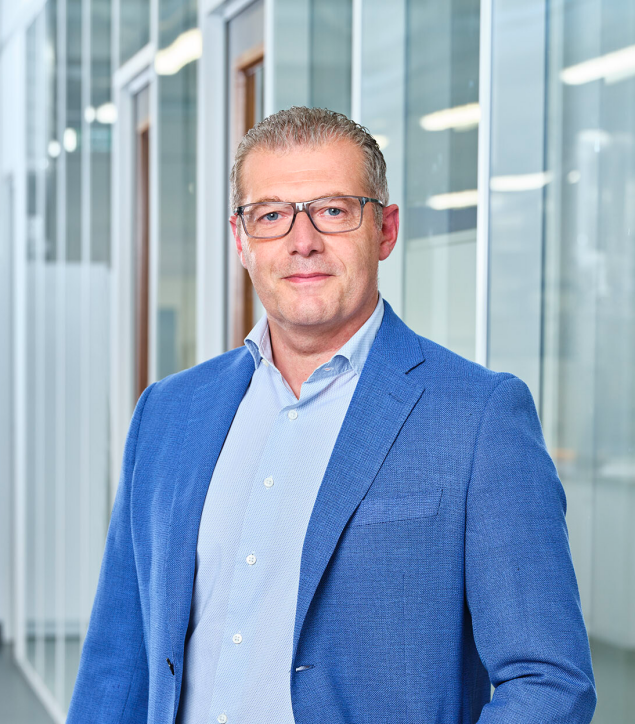
Michele Taraschi,
Group Director
Human Resources at Stahl
In line with Stahl's strategy to grow our leadership talent, DEI principles are embedded in core leadership development programs, and managers are encouraged to demonstrate them as part of their leadership behaviors. We also build cultural intelligence and equity awareness into performance reviews, hiring, and talent identification processes. Stahl’s Diversity and Inclusion Policy applies to everyone who works for the company.
In 2022, we took steps to strengthen our DEI culture and leadership, in light of Stahl’s 2021 Global Employee Experience Survey, which revealed lower engagement levels among female employees. We also identified lower engagement scores among younger employees aged 42 and under (known as "millennials" and “Gen Z-ers”).
" A diverse workplace is one that encourages freedom of thought and expression, and that freely promotes a wide range of different viewpoints and ideas."
Building a strong and diverse workforce
At Stahl, our people remain our most valuable asset in growing our business sustainably and for fulfilling our purpose of Touching lives, for a better world. We make sure we have the quality and quantity of people (and the right organizational structure) we need to achieve our many goals. We also strive to achieve high levels of employee engagement and a world-class employee experience.
In 2022, Stahl’s Human Resources (HR) function kept its focus on these two key areas. While I am satisfied with our performance and our organizational design, I still see room for improvement in terms of our approach to people management. In particular, we must continue to take steps to strengthen our three human resources pillars: 1) employee engagement, 2) employee experience, and 3) employee value proposition.
Improving the engagement of specific employee groups has remained a top priority over the past year. Our Employee Experience Survey, which we conducted for the first time in 2021, revealed lower levels of engagement among female employees and younger members of our workforce (see below).
This underscores the importance of investing in our Diversity, Equity, and Inclusion (DEI) culture and vision. We are a multinational company that embraces people from all backgrounds and walks of life. We are also an organization that champions innovation and diversity of thought as a means to generate new ideas (after all, our company tagline is “If it can be imagined, it can be created”). Ensuring that we have a strong and consistent DEI strategy in place is critical to both areas.
As in any organization, this starts with setting the right “tone at the top”, and one area where we are clearly making progress is in improving our gender balance at a managerial level. I am pleased to see that more and more talented female candidates are being hired into key leadership positions at Stahl, as evidenced by our recently appointed Head of Digital Marketing and Head of Legal, for example. Through this approach, we aim to develop a strong pipeline of diverse and high-performing talent for Stahl’s Leadership Team and Extended Leadership Team in the coming years.
These are just some of the steps we are taking to strengthen our DEI culture and governance (read more below). With several key building blocks put in place last year, I expect 2023 to be the year when we truly put diversity, equity, and inclusion into action at Stahl as we work toward our 2030 ESG targets.
Beyond DEI, we have also set several ambitious goals for the coming year. These include finding new ways to develop and retain talent, ensure business continuity, and further solidify Stahl's culture. We also plan to launch the next edition of our Global People Experience Survey, which will ensure that we continue to listen to our employees and use their feedback to set new priorities for the years ahead.
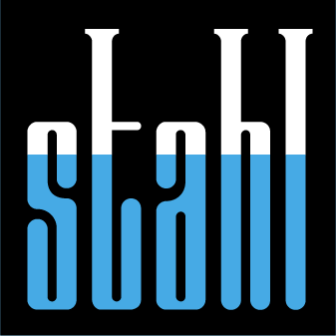
Employee age categories 2022

Back to overview

Scroll
down

Valuing our people
We value all of our 1,815 employees around the world. At the end of 2022, Stahl employed 1,790 full-time equivalents (FTEs) worldwide, a decrease of 0.6% compared to 2021.
In 2022, we successfully completed the Annual Performance Review Appraisal within the internal HR platform (Employee Engagement Platform). This was the third year that this formalized approach to annual performance reviews was applied to all employees.
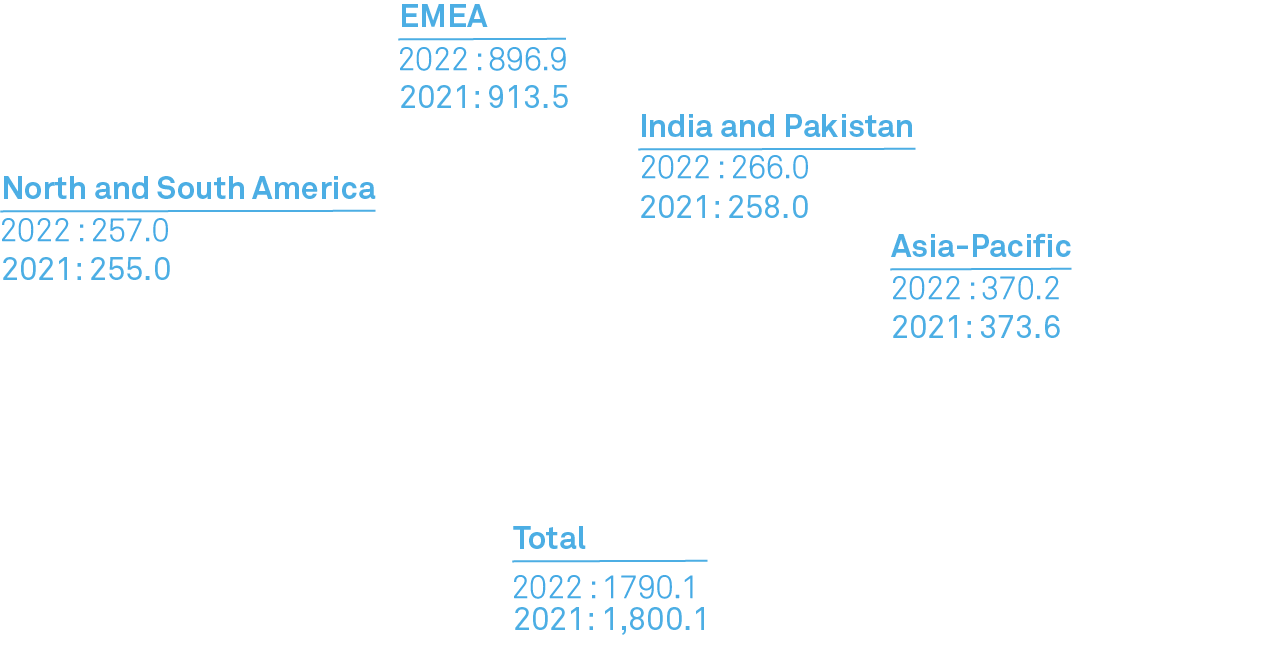
Employees per region
FTEs as of December 31, 2022
Data verified and validated by Deloitte
Data verified and validated by Deloitte
165
176
1,815
18.5
2.66%
5.22%
Total number of emplyees (headcount) (vs. 1,821 in 2021)
Workforce
gender balance
Training hours (per FTE)
(vs. 14.6 hours in 2021)
Absenteeism rate
(vs. 2.35% in 2020)
Voluntary staff turnover rate
(vs. 4% in 2021)
departures
new joiners
of Stahl's employees have a permanent contract
91%
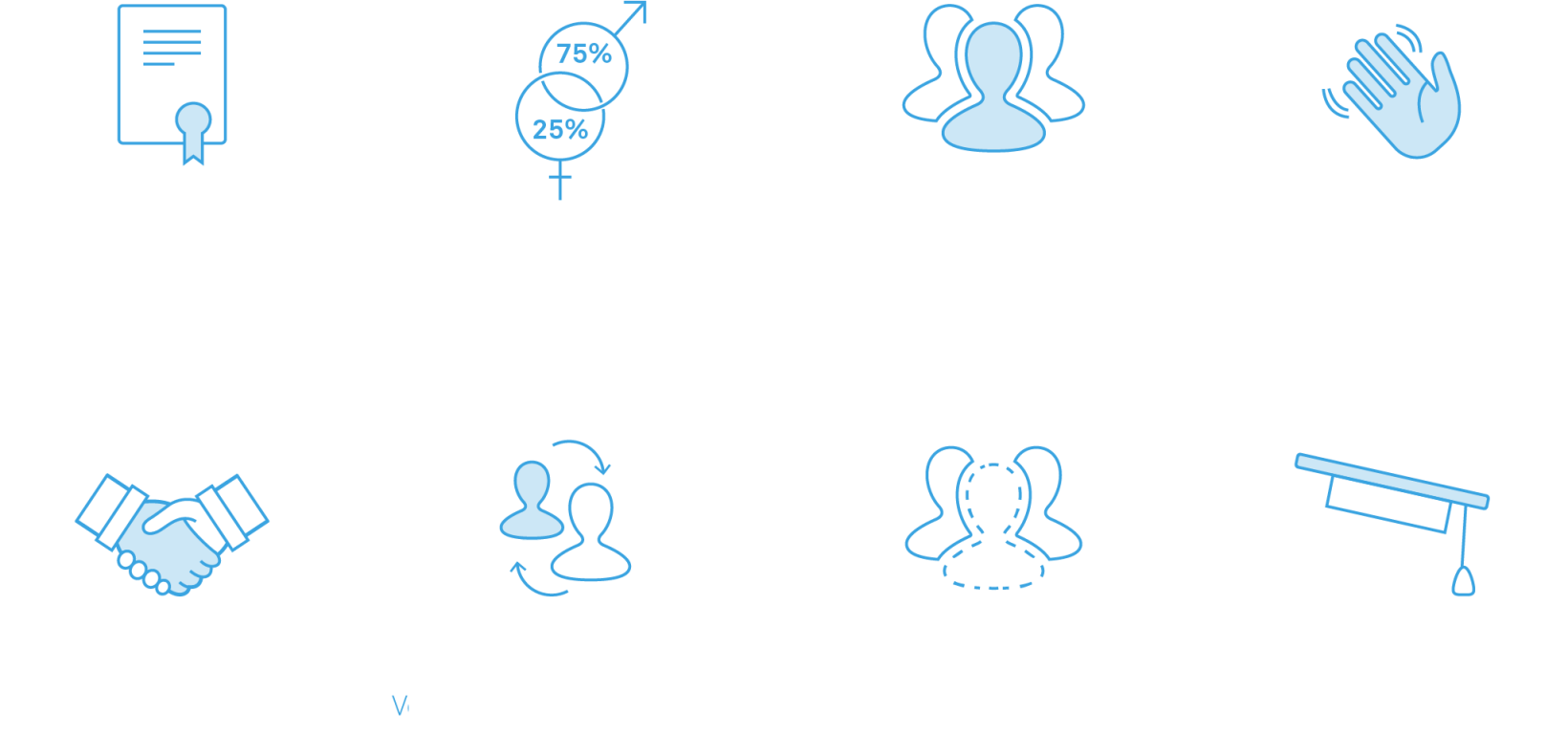
Employee workforce in 2022 at a glance
Strengthening employee engagement
We see an engaged, aligned, and well-informed workforce as the starting point for delivering on our purpose and strategy. Stahl’s most recent People Experience Survey, conducted in 2021, suggests that engagement across the workforce is currently high, with 85% of employees surveyed saying that they are informed about important developments within the organization.
In 2022, we took steps to further improve communication and knowledge-sharing with employees. The local focus groups, which were established by Stahl’s HR function following the survey, targeted three key areas of improvement: 1) communication and transparency, 2) social and well-being, and 3) career and development.
The following global initiatives were introduced to address the communication and transparency theme, specifically:
Increasing the number of internal webinars, on topics ranging from the ESG report to trends in the mobility and automotive space and the launch of Stahl’s DEI initiative;
Expanding the weekly employee newsletter with additional articles and features;
Appointing an internal communications manager to oversee communications with Stahl employees;
Launching internal communications campaigns on the topics of safety and information security;
Holding quarterly conferences led by Stahl’s senior management to update Stahl managers from across the company on key topics, such as operations, safety, financials, research and development, and the latest news from Stahl’s business units. The conferences took place online, with the exception of one quarter, when the conference was held on-site in Barcelona; and
Holding Stahl’s first Global Company Update: an open webinar for all staff, in which Stahl’s CEO, Maarten Heijbroek, shared an overview of the company’s performance. The webinar, which was well attended and well received by Stahl’s employees, will henceforth be hosted every six months.
In addition, we addressed the issues of communication and transparency at a local and regional level. Stahl Italy, for example, organized a series of workshops to promote knowledge-sharing between technical and R&D colleagues and strengthened the onboarding process for new employees. At Stahl Turkey, the focus was on giving employees clearer expectations of their roles. Meanwhile, Stahl USA implemented a new process in which employees and line managers meet regularly to ensure that information is properly communicated.
In 2023, Stahl will assess the results of these engagement-related activities through the next People Experience Survey, which will be conducted in the spring. We also plan to roll out our new Digital Workplace to further improve communication and collaboration between colleagues.
Training and education
Stahl is committed to helping employees improve their skills by offering a wide range of training and education opportunities. The steps we take to ahieve this goal strengthen our business while helping our employees build successful long-term careers, both within Stahl and beyond.
In 2022, we resumed in-person training for our global workforce after a temporary hiatus due to the COVID-19 pandemic. Employees had access to a wide selection of online training tools throughout the pandemic, thanks to our e-learning catalog, which included learning materials on compliance, cybersecurity, diversity, anti-bribery and anti-corruption, and soft skills development.
The training hours completed by Stahl employees are tracked locally by our individual business units, with the total number consolidated at a company-wide level. The number of training hours per employee in 2022 was 18.5 hours per full-time equivalent (FTE), compared with 14.6 hours per FTE in 2021.
A focus on DEI leadership
To address the need for a clear company-wide DEI strategy, in late 2022 Stahl established its first Global DEI Steering Committee, with the following responsibilities:
Defining Stahl’s DEI strategy and guidelines
Establishing and monitoring DEI targets and KPIs
Defining global actions to foster DEI
Identifying, training, and supporting regional representatives
Facilitating and stimulating local DEI committees
Sharing DEI best practices between countries
The Steering Committee is joined by the recently appointed DEI representatives at each Stahl site or location, who act as a bridge between the global committee and Stahl’s local DEI committees. The representatives meet quarterly to share examples of successful DEI initiatives and best practices.
These internal DEI-focused teams are supported by Catalyst, a non-profit organization with a 60-year track record of helping companies achieve their DEI goals, and a focus on creating workplaces that work for women. With Stahl joining the Catalyst community in 2022, our employees now have access to a range of tools and resources focused on developing awareness, knowledge, and skills around gender diversity and other aspects of DEI.
Stahl’s ESG Roadmap to 2030 is an important tool for measuring the success of our DEI governance and strategy. A key target is to increase female representation across Stahl’s Leadership Team, Extended Leadership Team, and heads of function (see below).
The Steering Committee has also set short-term goals: in 2023, we plan to launch local Employee Resource Groups (ERGs), which will consist of communities of employees who are passionate about a specific topic. The ERGs will include the Women’s International Network (WIN), which will focus on issues related to female representation and equity, and the Multigenerational Employee Resource Group (MERGE). More broadly, we plan to strengthen training and communication on DEI at the employee level and improve retention, including by addressing DEI issues more explicitly during the recruitment and onboarding phases.
Another key objective for Stahl in 2023 is to launch the company's second employee survey. Following the success of the 2021 survey, we expect this to be an important tool to help us listen to our employees and set the agenda for the next two-year plan, so we can continue to make Stahl an even a better place to work.
At the beginning of the year, we began addressing each of these key DEI issues, starting by defining and introducing local DEI plans in each of Stahl’s legal entities worldwide. We also appointed local DEI committees for each of the entities, which are responsible for implementing company-wide DEI policies, defining local DEI action plans, and providing local information on DEI in support of Stahl’s KPIs.
Led by HR team members, we established a series of global and local focus groups to explore these findings, with our investigation uncovering three main areas of concern among employees:
1) many women within Stahl feel underrepresented;
2) Stahl does not engage enough with its younger workers; and
3) Stahl lacks a clear DEI strategy to support its DEI ambitions.
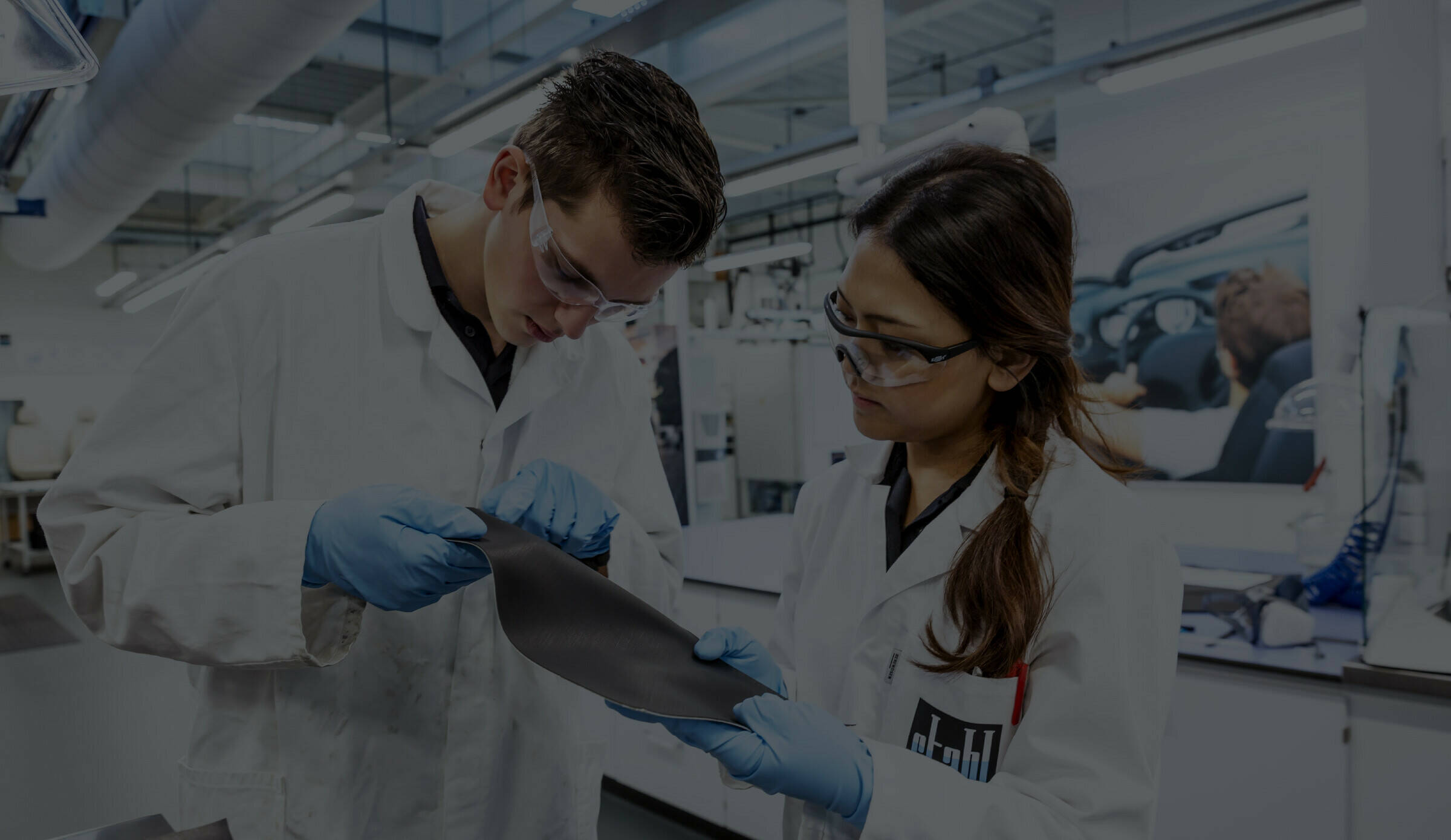
Equity and disability
Our commitment to equal treatment includes people with disabilities. Currently, 12 employees with a disability work at Stahl (compared with 11 in 2021). The need to respect strict security and emergency measures can limit the opportunity to employ a high proportion of disabled people in our factories around the world, but this does not mean that it cannot be done.

Back
to top

Back to overview
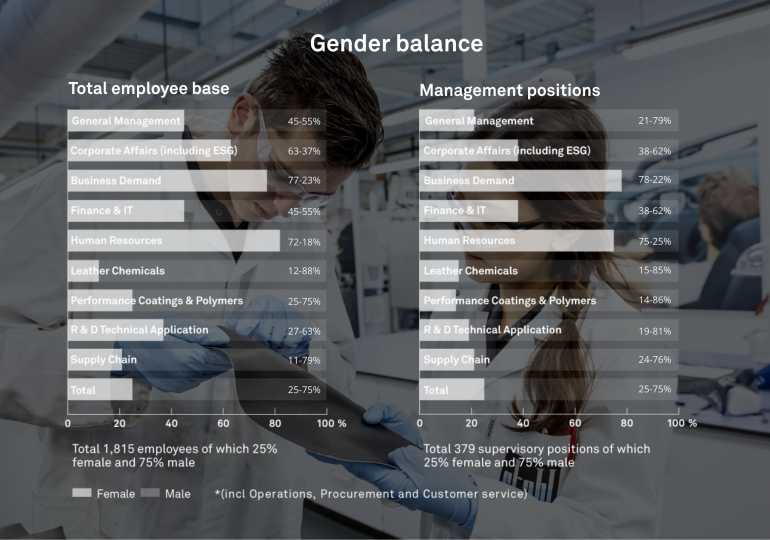
Equity and disability
Our commitment to equal treatment includes people with disabilities. Currently, 12 employees with a disability work at Stahl (compared with 11 in 2021). The need to respect strict security and emergency measures can limit the opportunity to employ a high proportion of disabled people in our factories around the world, but this does not mean that it cannot be done.
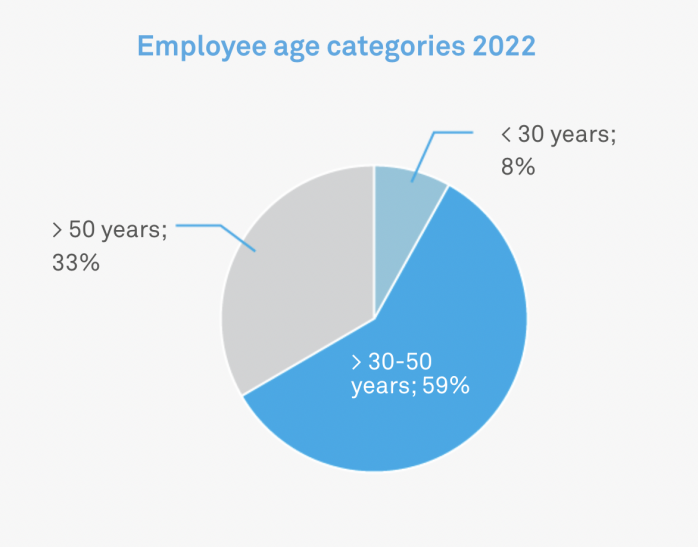
Gender equality
Stahl aims to improve gender equality and the representation of women across the company. A good indicator of equitable treatment across genders is the percentage of women in management positions, which was 25% in 2022 (also 25% in 2021). Stahl tracks the ratio of female to male employees (25% female and 75% male in 2022, see table below) and the number of female employees in supervisory positions (employees with direct reports and/or in a management position).
Within these overall figures, the ratio varies considerably between departments. For example, we have a significantly higher proportion of men in our production operations (“supply chain” in the tables) as well as in our leather chemical sales team. Both of these departments include jobs that are traditionally less attractive to women. Excluding these departments, women made up 25% of Stahl’s total workforce in 2022, while the percentage of women in supervisory positions was 75%.
In line with our ESG Roadmap to 2030, our goal is to achieve gender balance (30-60% ratio) female representation across Stahl’s Leadership Team, Extended Leadership Team, and heads of function by the end of the decade. To achieve this, we are recruiting women into head-of-function positions at Stahl, thereby creating a strong pipeline of internal female candidates from which to fill future vacancies.
"We recognize that gender is not binary, and we are committed to treating everyone equally."
A focus on DEI leadership
To address the need for a clear company-wide DEI strategy, in late 2022 Stahl established its first Global DEI Steering Committee, with the following responsibilities:
Defining Stahl’s DEI strategy and guidelines
Establishing and monitoring DEI targets and KPIs
Defining global actions to foster DEI
Identifying, training, and supporting regional representatives
Facilitating and stimulating local DEI committees
Sharing DEI best practices between countries
The Steering Committee is joined by the recently appointed DEI representatives at each Stahl site or location, who act as a bridge between the global committee and Stahl’s local DEI committees. The representatives meet quarterly to share examples of successful DEI initiatives and best practices.
These internal DEI-focused teams are supported by Catalyst, a non-profit organization with a 60-year track record of helping companies achieve their DEI goals, and a focus on creating workplaces that work for women. With Stahl joining the Catalyst community in 2022, our employees now have access to a range of tools and resources focused on developing awareness, knowledge, and skills around gender diversity and other aspects of DEI.
Stahl’s ESG Roadmap to 2030 is an important tool for measuring the success of our DEI governance and strategy. A key target is to increase female representation across Stahl’s Leadership Team, Extended Leadership Team, and heads of function (see below).
The Steering Committee has also set short-term goals: in 2023, we plan to launch local Employee Resource Groups (ERGs), which will consist of communities of employees who are passionate about a specific topic. The ERGs will include the Women’s International Network (WIN), which will focus on issues related to female representation and equity, and the Multigenerational Employee Resource Group (MERGE). More broadly, we plan to strengthen training and communication on DEI at the employee level and improve retention, including by addressing DEI issues more explicitly during the recruitment and onboarding phases.
Another key objective for Stahl in 2023 is to launch the company's second employee survey. Following the success of the 2021 survey, we expect this to be an important tool to help us listen to our employees and set the agenda for the next two-year plan, so we can continue to make Stahl an even a better place to work.
At the beginning of the year, we began addressing each of these key DEI issues, starting by defining and introducing local DEI plans in each of Stahl’s legal entities worldwide. We also appointed local DEI committees for each of the entities, which are responsible for implementing company-wide DEI policies, defining local DEI action plans, and providing local information on DEI in support of Stahl’s KPIs.

ESG Roadmap to 2030
2023 goal: One female (minimum) member in the Stahl Leadership Team
2030 goal: Gender balance (30-60% ratio)
Led by HR team members, we established a series of global and local focus groups to explore these findings, with our investigation uncovering three main areas of concern among employees:
1) many women within Stahl feel underrepresented;
2) Stahl does not engage enough with its younger workers; and
3) Stahl lacks a clear DEI strategy to support its DEI ambitions.
Developing our DEI culture and vision
Celebrating and sustaining our diversity is an important foundation of Stahl's purpose. By providing a fair and equitable work environment, where everyone feels supported and valued, we can continue to build a more innovative and responsive organization that touches lives and contributes to a better world.
Stahl is a highly diverse, international business. At the end of 2022, our global workforce included 61 different nationalities, as well as employees from a wide range of generations and backgrounds. However, we also believe that diversity goes beyond age, gender, race, and cultural background: a diverse workplace is one that encourages freedom of thought and expression, and that freely promotes a wide range of different viewpoints and ideas.
In line with Stahl's strategy to grow our leadership talent, DEI principles are embedded in core leadership development programs, and managers are encouraged to demonstrate them as part of their leadership behaviors. We also build cultural intelligence and equity awareness into performance reviews, hiring, and talent identification processes. Stahl’s Diversity and Inclusion Policy applies to everyone who works for the company.
In 2022, we took steps to strengthen our DEI culture and leadership, in light of Stahl’s 2021 Global Employee Experience Survey, which revealed lower engagement levels among female employees. We also identified lower engagement scores among younger employees aged 42 and under (known as "millennials" and “Gen Z-ers”).
" A diverse workplace is one that encourages freedom of thought and expression, and that freely promotes a wide range of different viewpoints and ideas."
Training and education
Stahl is committed to helping employees improve their skills by offering a wide range of training and education opportunities. The steps we take to ahieve this goal strengthen our business while helping our employees build successful long-term careers, both within Stahl and beyond.
In 2022, we resumed in-person training for our global workforce after a temporary hiatus due to the COVID-19 pandemic. Employees had access to a wide selection of online training tools throughout the pandemic, thanks to our e-learning catalog, which included learning materials on compliance, cybersecurity, diversity, anti-bribery and anti-corruption, and soft skills development.
The training hours completed by Stahl employees are tracked locally by our individual business units, with the total number consolidated at a company-wide level. The number of training hours per employee in 2022 was 18.5 hours per full-time equivalent (FTE), compared with 14.6 hours per FTE in 2021.
Data verified and validated by Deloitte
Strengthening employee engagement
We see an engaged, aligned, and well-informed workforce as the starting point for delivering on our purpose and strategy. Stahl’s most recent People Experience Survey, conducted in 2021, suggests that engagement across the workforce is currently high, with 85% of employees surveyed saying that they are informed about important developments within the organization.
In 2022, we took steps to further improve communication and knowledge-sharing with employees. The local focus groups, which were established by Stahl’s HR function following the survey, targeted three key areas of improvement: 1) communication and transparency, 2) social and well-being, and 3) career and development.
The following global initiatives were introduced to address the communication and transparency theme, specifically:
Increasing the number of internal webinars, on topics ranging from the ESG report to trends in the mobility and automotive space and the launch of Stahl’s DEI initiative;
Expanding the weekly employee newsletter with additional articles and features;
Appointing an internal communications manager to oversee communications with Stahl employees;
Launching internal communications campaigns on the topics of safety and information security;
Holding quarterly conferences led by Stahl’s senior management to update Stahl managers from across the company on key topics, such as operations, safety, financials, research and development, and the latest news from Stahl’s business units. The conferences took place online, with the exception of one quarter, when the conference was held on-site in Barcelona; and
Holding Stahl’s first Global Company Update: an open webinar for all staff, in which Stahl’s CEO, Maarten Heijbroek, shared an overview of the company’s performance. The webinar, which was well attended and well received by Stahl’s employees, will henceforth be hosted every six months.
In addition, we addressed the issues of communication and transparency at a local and regional level. Stahl Italy, for example, organized a series of workshops to promote knowledge-sharing between technical and R&D colleagues and strengthened the onboarding process for new employees. At Stahl Turkey, the focus was on giving employees clearer expectations of their roles. Meanwhile, Stahl USA implemented a new process in which employees and line managers meet regularly to ensure that information is properly communicated.
In 2023, Stahl will assess the results of these engagement-related activities through the next People Experience Survey, which will be conducted in the spring. We also plan to roll out our new Digital Workplace to further improve communication and collaboration between colleagues.
Building a strong and diverse workforce

Back
to top
At Stahl, our people remain our most valuable asset in growing our business sustainably and for fulfilling our purpose of Touching lives, for a better world. We make sure we have the quality and quantity of people (and the right organizational structure) we need to achieve our many goals. We also strive to achieve high levels of employee engagement and a world-class employee experience.
In 2022, Stahl’s Human Resources (HR) function kept its focus on these two key areas. While I am satisfied with our performance and our organizational design, I still see room for improvement in terms of our approach to people management. In particular, we must continue to take steps to strengthen our three human resources pillars: 1) employee engagement, 2) employee experience, and 3) employee value proposition.
Improving the engagement of specific employee groups has remained a top priority over the past year. Our Employee Experience Survey, which we conducted for the first time in 2021, revealed lower levels of engagement among female employees and younger members of our workforce (see below).
This underscores the importance of investing in our Diversity, Equity, and Inclusion (DEI) culture and vision. We are a multinational company that embraces people from all backgrounds and walks of life. We are also an organization that champions innovation and diversity of thought as a means to generate new ideas (after all, our company tagline is “If it can be imagined, it can be created”). Ensuring that we have a strong and consistent DEI strategy in place is critical to both areas.
As in any organization, this starts with setting the right “tone at the top”, and one area where we are clearly making progress is in improving our gender balance at a managerial level. I am pleased to see that more and more talented female candidates are being hired into key leadership positions at Stahl, as evidenced by our recently appointed Head of Digital Marketing and Head of Legal, for example. Through this approach, we aim to develop a strong pipeline of diverse and high-performing talent for Stahl’s Leadership Team and Extended Leadership Team in the coming years.
These are just some of the steps we are taking to strengthen our DEI culture and governance (read more below). With several key building blocks put in place last year, I expect 2023 to be the year when we truly put diversity, equity, and inclusion into action at Stahl as we work toward our 2030 ESG targets.
Beyond DEI, we have also set several ambitious goals for the coming year. These include finding new ways to develop and retain talent, ensure business continuity, and further solidify Stahl's culture. We also plan to launch the next edition of our Global People Experience Survey, which will ensure that we continue to listen to our employees and use their feedback to set new priorities for the years ahead.
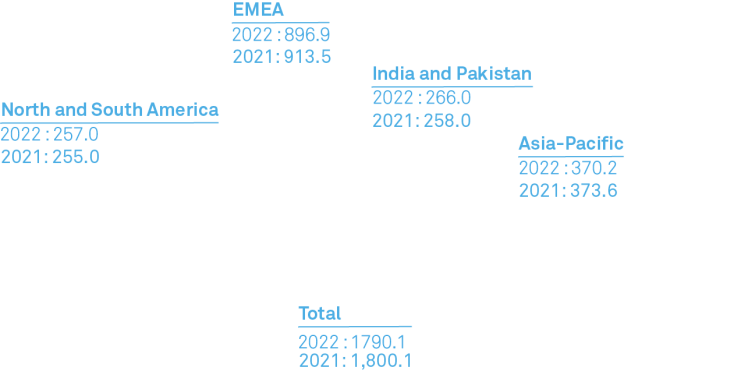
Employees per region
FTEs as of December 31, 2022
Data verified and validated by Deloitte
Valuing our people
We value all of our 1,815 employees around the world. At the end of 2022, Stahl employed 1,790 full-time equivalents (FTEs) worldwide, a decrease of 0.6% compared to 2021.
In 2022, we successfully completed the Annual Performance Review Appraisal within the internal HR platform (Employee Engagement Platform). This was the third year that this formalized approach to annual performance appraisals was applied to all employees.
In 2022, we successfully completed the Annual Performance Review Appraisal within the internal HR platform (Employee Engagement Platform). This was the third year that this formalized approach to annual performance reviews was applied to all employees.
Michele Mareschi
Group Director
Human Resources at Stahl
